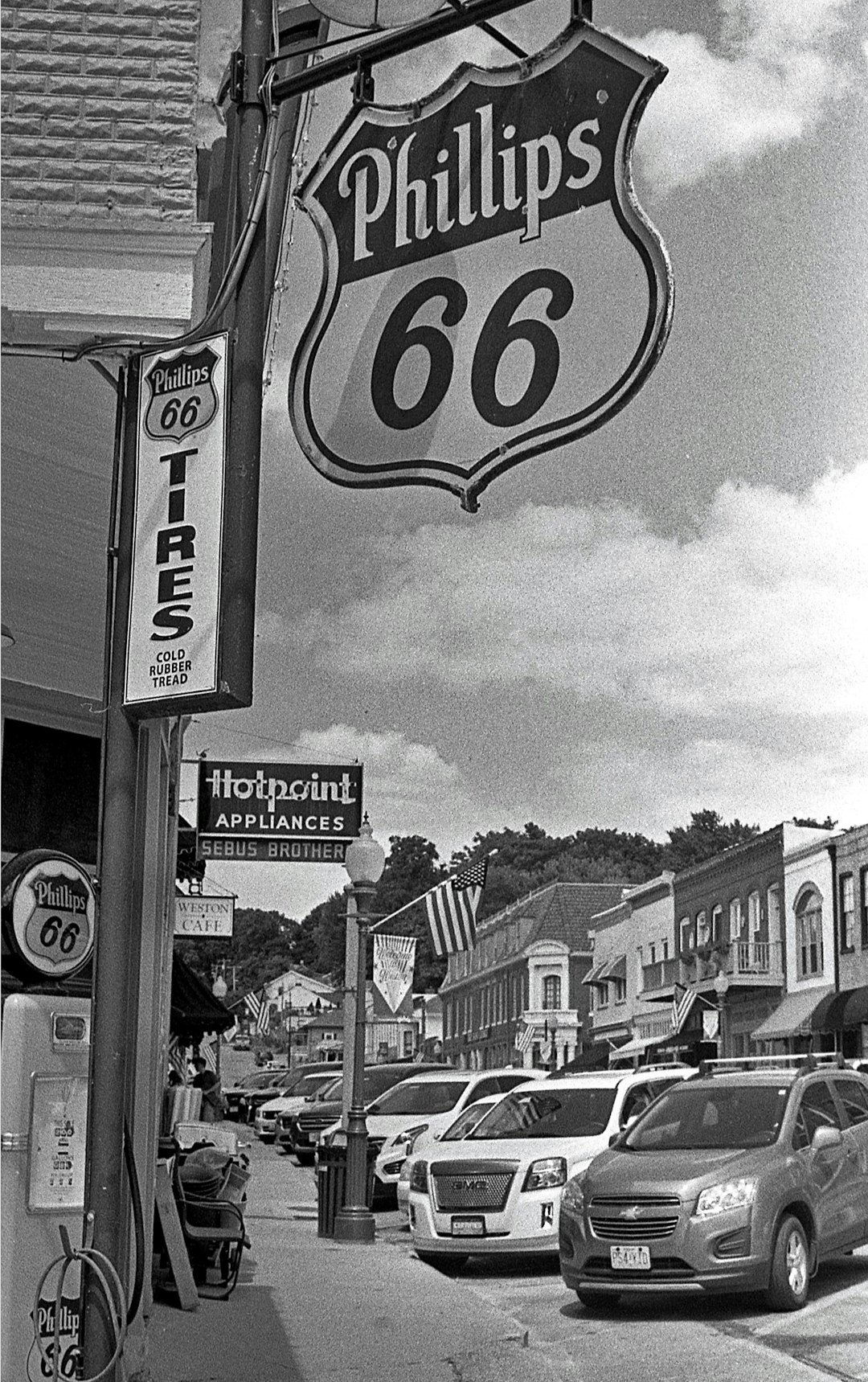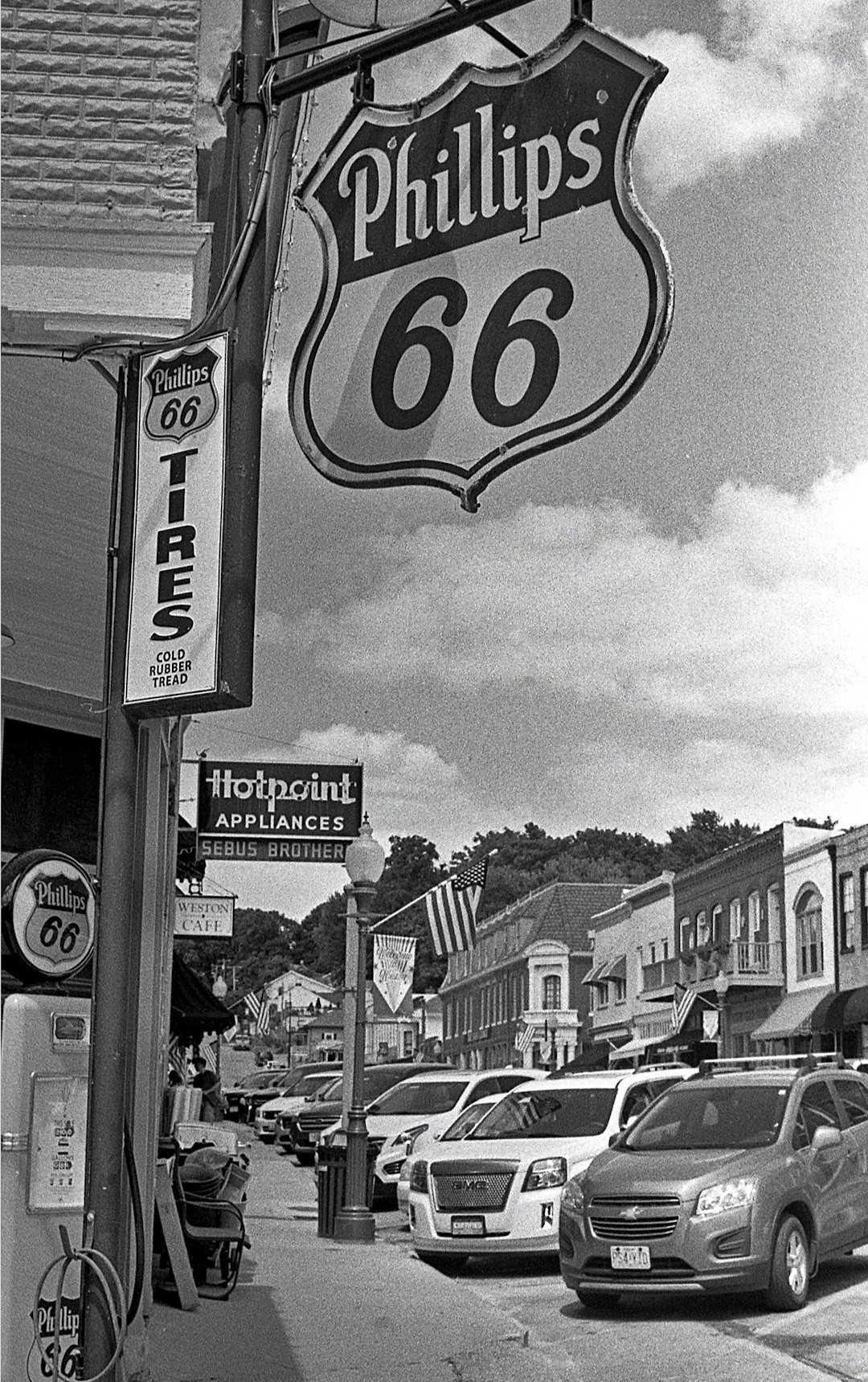In the early 2000s, Missouri residents faced a surge in fraudulent spam calls, leading to the establishment of a Spam Call law firm to protect consumers and safeguard privacy. The state has since updated its legal frameworks, including the Telemarketing Act (2003), to restrict automated dialing, mandate clear disclosures, and limit call times, significantly reducing unwanted solicitations. Missouri's strict regulations, emphasizing explicit consent, empower residents to control communication preferences. As spam calls evolve with technology, Spam Call law firm Missouri experts utilize machine learning and AI to predict trends, stay ahead of scammers, and educate consumers about new attack vectors, ensuring consumer rights are upheld in this dynamic digital environment.
In an era dominated by digital communication, spam calls have become a persistent nuisance for residents of Missouri. This article delves into the evolution of these unwanted calls over the years, tracing their rise from mere irritants to significant consumer protection concerns. We explore the legal frameworks and regulations in Missouri that have attempted to curb this trend, analyzing their impact on consumer protection. Finally, we predict future spam call patterns based on the state’s evolving legal landscape, highlighting the role of a Missouri spam call law firm in navigating these complexities.
The Rise of Spam Calls: A Historical Perspective in Missouri

In the early 2000s, Missouri residents began noticing a disturbing trend – an explosion in unwanted and fraudulent spam calls. These calls, often masquerading as legitimate business or government communications, aimed to swindle vulnerable individuals out of their hard-earned money. As technology advanced, so did the tactics of scammers, making it increasingly difficult for locals to distinguish genuine calls from malicious ones. This surge in spam calls prompted a collective concern among Missourians and sparked discussions about the need for stringent measures to combat this growing issue.
Consequently, the state of Missouri responded by implementing a robust Spam Call law firm, recognizing the severe impact these fraudulent practices had on its citizens. The legislation was designed to protect consumers from unwanted telemarketing calls, giving them more control over their privacy and personal information. Over time, this law became a cornerstone in the state’s effort to ensure fair and ethical business practices, particularly in the realm of telecommunications.
Legal Frameworks and Spam Call Regulations in Missouri Over Time

Over the years, Missouri has witnessed a significant evolution in its legal frameworks addressing spam calls, reflecting the state’s commitment to protecting residents from unwanted telemarketing practices. Early legislation focused on consumer protection, primarily through the Missouri Merchandising Practices Act (MPA), which prohibits unfair or deceptive acts in the course of business. This law provided a robust framework for consumers to seek redress against spam call law firm operations.
As the volume and sophistication of spam calls increased, Missouri adapted by introducing more specific regulations. The state enacted the Telemarketing Act in 2003, further strengthening consumer protections and imposing stricter penalties on violators. These measures included limitations on automated dialing systems, requirements for clear and concise disclosures, and restrictions on calls to residents’ personal phones during certain hours. Such proactive steps demonstrate Missouri’s ongoing effort to keep pace with emerging spam call trends and ensure that residents can enjoy peace of mind when it comes to their phone lines.
Impact of Anti-Spam Measures on Consumer Protection in Missouri

Over the years, Missouri has seen significant changes in the tactics employed by spam call operators, prompting the state to implement stringent anti-spam measures. These legislative efforts have been crucial in protecting consumers from unwanted telephone solicitations, ensuring their peace of mind and privacy. With the proliferation of automated calls and robocalls, a dedicated Spam Call law firm in Missouri has become an indispensable resource for residents facing persistent harassment.
The impact of these anti-spam laws is evident in the reduction of nuisance calls, providing consumers with a sense of security. Missouri’s strict regulations require call centers to obtain explicit consent before contacting residents, empowering individuals to take control of their communication preferences. As technology advances, so too does the need for adaptable spam protection laws, ensuring that consumer rights are upheld in this ever-evolving digital landscape.
Future Trends: Predicting Spam Call Patterns in Missouri's Legal Landscape

As technology evolves, so do the tactics employed by spam call operators. In Missouri, as in many other states, future trends suggest an increased reliance on sophisticated voice over IP (VoIP) technologies, making it easier for scammers to mask their identities and bypass traditional blocking methods. This calls for proactive measures from law firms specializing in spam call laws in Missouri. By leveraging advanced machine learning algorithms and AI-driven analytics, these legal experts can predict emerging patterns and trends in spam call distribution, enabling them to stay ahead of the curve.
Additionally, with the increasing prevalence of smart home devices, such as virtual assistants integrated into everyday appliances, there’s a growing risk of these devices becoming entry points for spam calls. Law firms must adapt by focusing on educating consumers about these new vectors of attack and advocating for stricter regulations targeting emerging technologies exploited by scammers. In Missouri, where consumer protection laws are robust, proactive efforts to anticipate and combat spam call trends will not only protect residents but also reinforce the state’s commitment to maintaining a fair and legal business environment.






